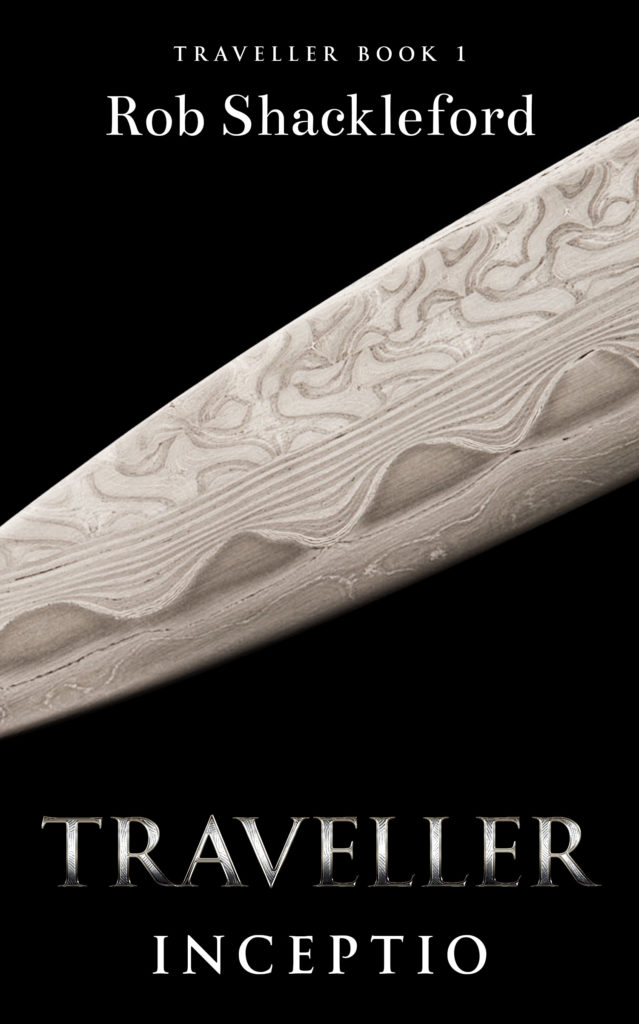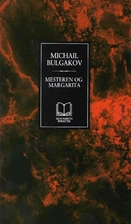Rob Shackleford’s ambitions are many for Traveller - Inceptio, his first novel. He strives to portray how a post-graduate project in security technology can evolve into a device for time travel. He wants to depict modern elite soldiers as they train for an unprecedented and intimidating mission. He wants to focus on a modern media frenzy over heroic and beautiful pioneers, and most importantly, he deeply desires to render realistically eleventh-century Anglo-Saxon villagers’ lives and culture.
The fact that he comes as close as he does to realizing all these ambitions testifies to the strength and consistency of his book.
A bare plot outline: 21st Century Australian students accidentally invent a device that will transport anything, animate or not, 1,000 years into the past. After thoroughly testing the device, the university and the corporation which funded the research become partners with various governments. In response to the clamorous calls of historians they settle on Saxon England as a logical destination to begin to use the apparatus. The authorities train a small squad of modern elite soldiers for the journey; they must learn the language, culture, and perhaps most important of all, the fighting techniques of the time. These soldiers do in fact make this trip, first singly, and then they go as a group. It turns out Saxon England is quite a challenging place, especially when vengeful Danish Vikings are roaming the land bent on plunder and destruction.
This broad ambition means that Shackleford must deal with events on the surface and carefully pick an choose which of his characters’ psyches deserve deeper treatment. This is not too hard a puzzle. After all this a science fiction novel of action. We start with a band of brilliant doctoral candidates whom we just begin to get to know, and from there the focus is on progress to actual time travel, and then time travel with a purpose. There are just too many elements to deal with in any depth, but our intrepid author stays his course, keeping the action, and the international politics of the action, in the foreground.
On a couple of occasions characters voice the existential questions and concerns which surround time travel. We don’t encounter any issues with creating different futures, for instance, or changing the courses of one’s own ancestors. Shackleford expounds competing theories on these issues, and comes down on the side that allows for minimal alteration of the future given traveling to a specific time in the past. Again, it’s an action novel, not a philosophical treatise.
The best thing about this novel is its sustained level of imagination. The author shows solid storytelling instincts in his pacing and his treatment of his readers. He makes good on his fictional promises and continues to surprise, even in such a lengthy piece. Ultimately, it’s a novel containing a whole series of elements for today’s reader: limited time travel is invented by a motley crew of young scientists; elite Special Forces soldiers live like Samurais, dispensing wisdom and protecting the innocent; Saxon England comes vividly alive, with its crude scents, its face-to-face fencing with death, and its superstitions. I congratulate Rob Shackleford for his effort. I don’t know if this is the start of a series, but even if it isn’t, it’s a memorable piece of science fiction.




















